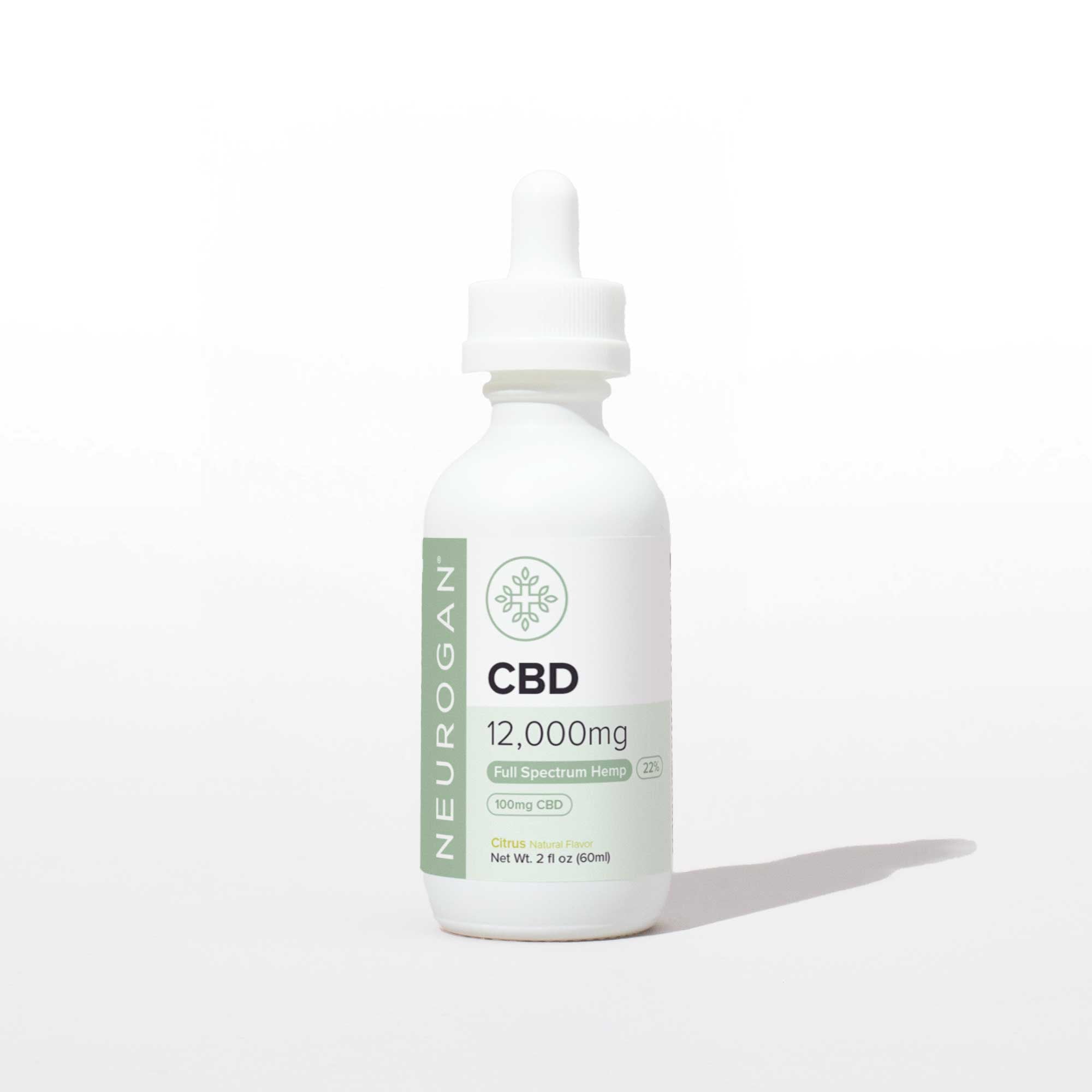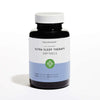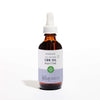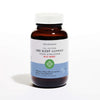Sleep
Improve quality sleep • The endocannabinoid system (ECS) is involved in regulating the circadian sleep-wake cycle - a vital physiological process for restorative functions. Optimal sleep health can be supported by CBD & the minor cannabinoid CBN with mild sedative effect. Fall asleep faster, stay asleep longer. Let's put insomnia to rest. Explore more →
Filter and sort 15 products
Finding The Perfect Dosage
Choosing Cannabinoids
Modes of Administration
Determine Effective Dosage

Exploring the topic:
CBD for Improving Sleep
CBD and CBN: A Synergistic Approach to Sleep
Natural, Gentle Sleep Aid
Whar Our Customers Are Saying
 2018 Farm-Bill Compliant
2018 Farm-Bill Compliant 2018 Farm-Bill Compliant
2018 Farm-Bill Compliant 2018 Farm-Bill Compliant
2018 Farm-Bill CompliantThe Science of CBD





















